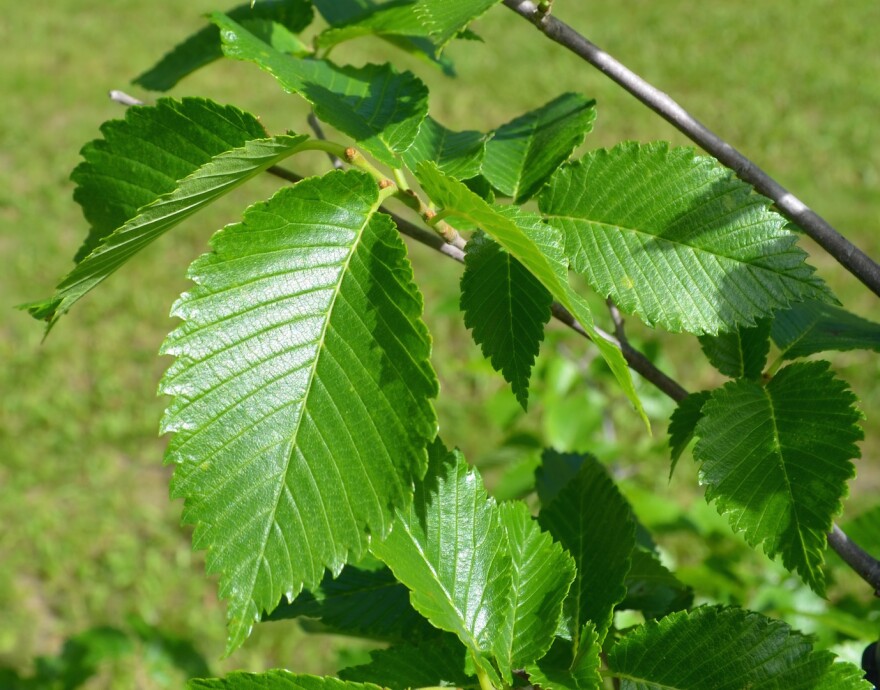The early spring weather Kansas City is expected to enjoy this weekend can be a mixed blessing for allergy sufferers.
Doctors at Children Mercy Hospital in Kansas City report surges in pollen and mold have accompanied the blips of early warm weather the area has experienced so far in 2016 and that an intense allergy season is likely ahead.
“Think about the last time you had a really bad cold, and then about having that cold for six weeks a year, every year during the same time of year,” says Dr. Jay Portnoy, division director of allergy/asthma/immunology at Children’s Mercy, describing what many of his young patients experience during the spring.
The prime culprits for the early pollen spikes include elm, maple and juniper trees. Cladosporium and ascospores account for most of the mold.
Portnoy says high spring tree pollen levels also often predict high grass pollen levels in the summer.
Children’s Mercy has been monitoring airborne allergens at its Hospital Hill campus for 15 years, and Portnoy says their levels have risen consistently during that time.
“Now we’re seeing pollen counts of 1000, 1500, 2000,” Portnoy says. “We never saw that before. The highest counts we ever 15 years ago was 500, 600 during the peak of the allergy season,”
Numerous studies have connected ever-increasing allergen levels with carbon dioxide emissions, which contribute to warmer temperatures.
Though carbon emission levels have remained relatively stable over the last decade in Kansas and Missouri, increasingly higher allergen levels have continued.
“I’m always asked, ‘Is this the worst allergy season ever?’" Portnoy says. "And I just say ‘Yes, it is.’ But I’m not being flippant about that, it actually is worse each year.”
Alex Smith is a reporter for KCUR, a partner in the Heartland Health Monitor team. You can reach him on Twitter @AlexSmithKCUR



